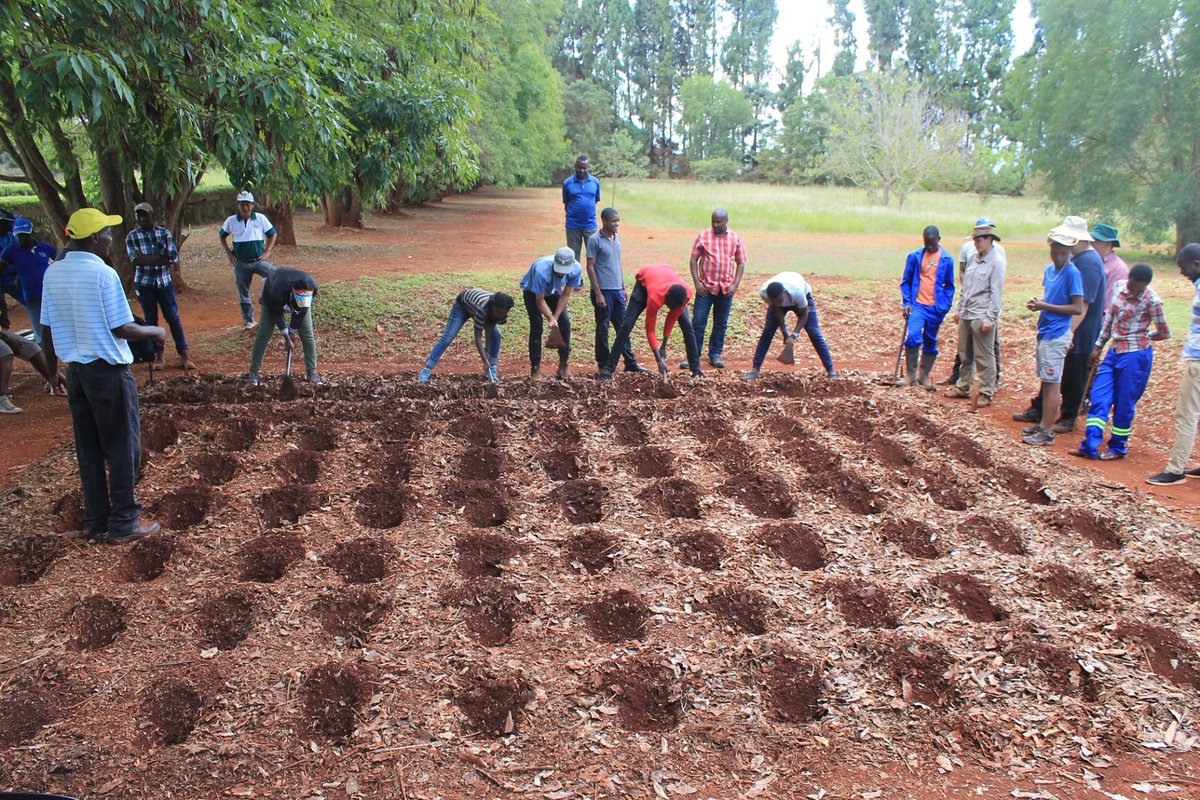Late Govt payment to seed houses threatens farming preparations
Government’s late payments to seed houses are threatening to disrupt seed supplies for key crops in the forthcoming season, as lack of working capital has severely constrained production.
The State-run agricultural initiatives, such as Pfumvudza/Intwansa, are major consumers of crop seed.
While maize seed is in surplus, there are still deficits in small grains seed. Small grains are now considered strategic crops for food security and the government is encouraging their cultivation.
To address this, farmers will rely on seed retained from last season.
“Delayed payments by the Zimbabwean Government to seed suppliers have severely constrained production, with indications that farmers are unwilling to contract the required area for summer seed production,” according to a document on summer crops and livestock plan said.
Pearl millet seed availability is 370 tonnes against the required 1 600 tonnes for the planned 275 000 hectares.
Finger millet seed is also in deficit, with 40 tonnes on hand compared to the 138 tonnes needed for 27 500 hectares.
However, for sorghum, the country has nearly 4 000 tonnes, sufficient to plant the targeted 418 88 hectares.
The Government has been promoting the cultivation of small grains in regions with low rainfall, where they often out-perform maize, the primary staple.
This year, the Government has come up with a new approach to input distribution under the State-assisted initiative aimed at optimising agricultural production based on agro-ecological zones.
The strategic move seeks to enhance agricultural yields and resilience to climate change by aligning crop choices with specific regional conditions.
Under the new approach, farmers in regions one and two will be required to plant three maize plots (0,6 hectare).
These regions are characterised by favourable climatic conditions suitable for maize production. In contrast, farmers in region three will plant two mandatory maize plots and have the flexibility to choose from sunflower, sorghum, pearl millet, groundnuts, African peas, or sugar beans for their third plot.
Recognising the unique challenges faced by regions four and five, the Government has mandated two sorghum or millet plots for farmers in these areas.
They will also have the option to plant one plot of sunflower, sorghum, pearl millet, groundnuts, African peas, or sugar beans.
The new approach is expected to improve crop suitability, increase overall productivity and reduce the risk of crop failures due to adverse weather conditions. By focusing on crops that thrive in specific agro-ecological zones, farmers can maximise their yields and contribute to national food security.
For the 2024/25 season, the Climate Proofed Presidential Input programme will target 1,8 million households from communal, A1, small-scale commercial farming, old resettlement and 500 000 peri-rural households for cereals, oilseeds and legumes.
The total number of beneficiaries will be 3,5 million.-ebsinessweekl











